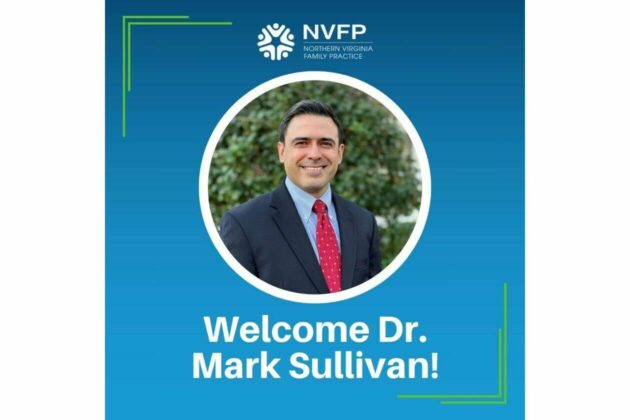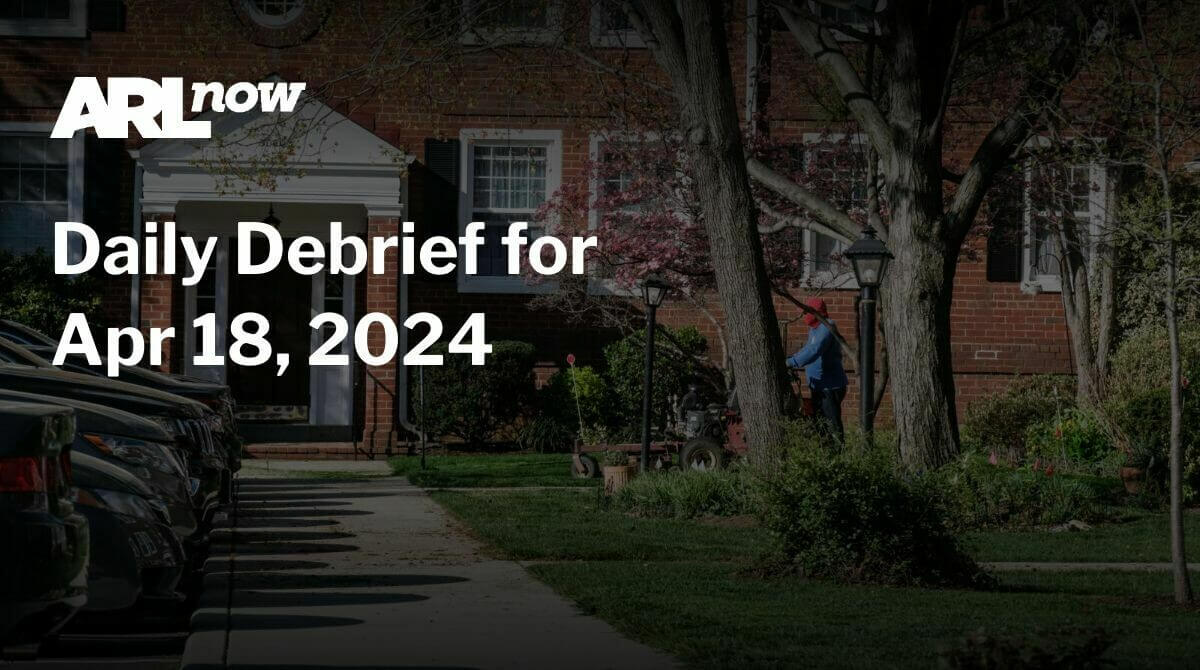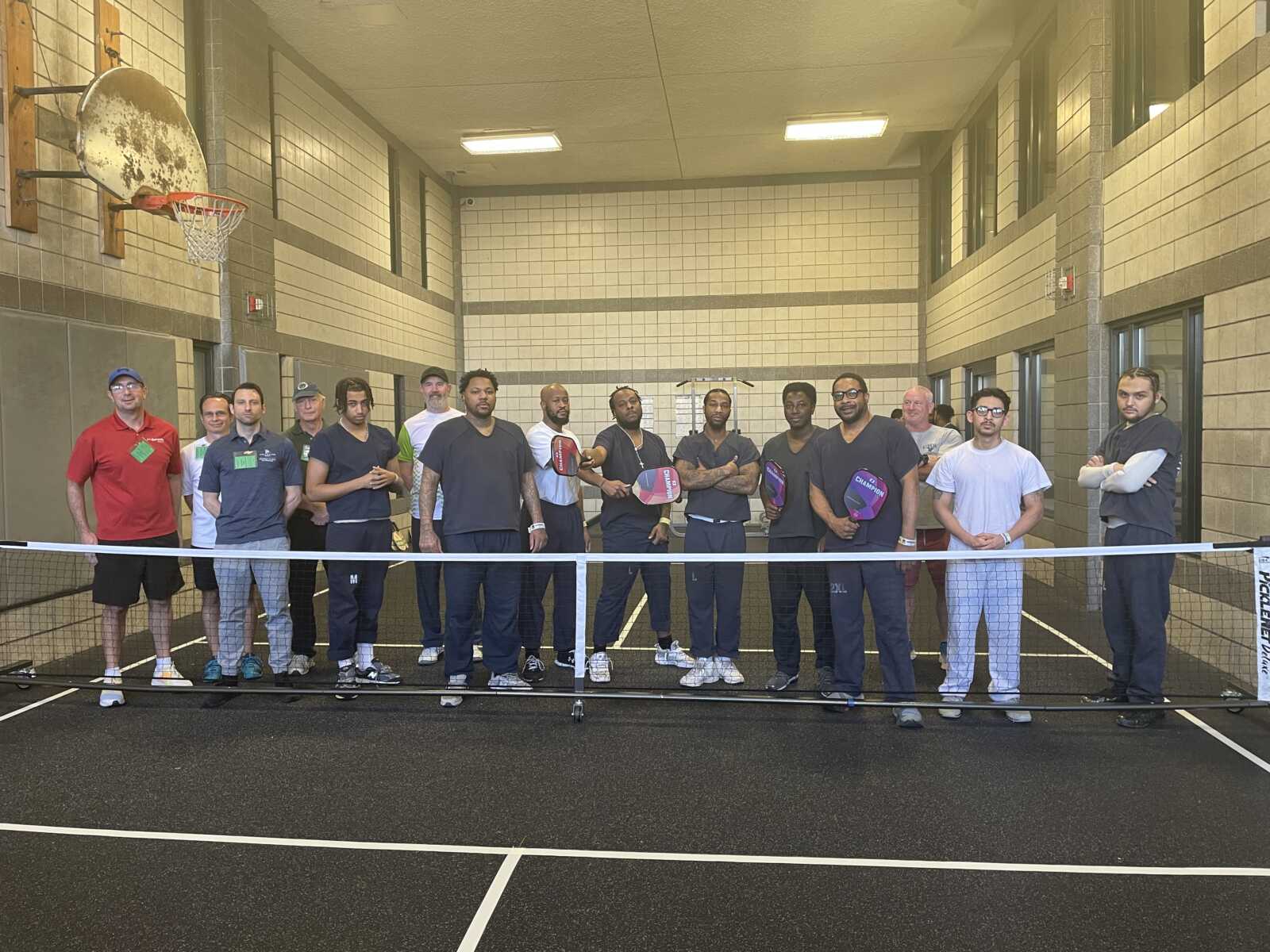This sponsored column is by James Montana, Esq., Doran Shemin, Esq. and Laura Lorenzo, Esq., practicing attorneys at Steelyard LLC, an immigration-focused law firm located in Arlington, Virginia. The legal information given here is general in nature. If you want legal advice, contact James for an appointment.
In the wonderful world of immigration, legal terminology matters hugely. In this column, we’ll explain what a few of the most important words mean, so our loyal readers (hi, commenters!) can understand more clearly what our clients have to learn. The three words of the day are: Petitioner, sponsor and admissible.
There are three layers to every green card application. The first layer is figuring out who the petitioner is. Sometimes clients refer to petitioners as sponsors. For example, many clients say “I have a U.S. citizen who can sponsor me.” The accurate way of putting it is that the U.S. citizen is petitioning the U.S. government to allow you, the client, the benefit of becoming a permanent resident.
Family members can serve as petitioners. U.S. citizens can file petitions for spouses, children, parents and siblings, and permanent residents can file petitions for spouses and children. Companies can file petitions for employees or potential employees. However, just because the immigrant has a family member who can petition for her does not mean that she automatically qualifies for a green card.
The second layer is finding a sponsor. A sponsor is a U.S. citizen or permanent resident who agrees to serve as a financial guarantor; the sponsor is liable in a civil action if the new permanent resident receives certain government benefits or falls below the poverty threshold. Not all petitioners are good sponsors because the U.S. government demands that the sponsor have enough financial resources to serve as a guarantor. Under such circumstances, you need a second sponsor as a backup. That sponsor is liable in precisely the same way if the new permanent resident falls on hard times.
Got a petitioner and a sponsor? Good, you might be eligible, but we still need to figure out whether you are admissible. To determine this, thorough immigration lawyers ask you a laundry list of questions. For example, “Did you enter the United States by crossing the border without a visa, or did you come through an airport with a visa?” and “Have you ever been arrested or convicted of a crime?”
Criminal convictions frequently render an immigrant inadmissible. For example, sometimes a misdemeanor theft offense can render a person ineligible for a green card. Another common example is crossing the border without a visa or entering the United States multiple times in that manner.
In some cases, this is fixable via an application for a waiver, which adds a fourth layer of complexity (and cost) to the case. But it all depends on the family relationships that the immigrant has. In the case of someone who enters the United States across the border without a visa, the immigrant must have a spouse or parent that is a U.S. citizen or lawful permanent resident. On top of that, the immigrant has to prove that the spouse or parent will suffer extreme hardship if they are separated or must relocate to the immigrant’s home country. Notice that having U.S. citizen or permanent resident children does not help in these circumstances.
To waive criminal convictions, the immigrant must have a spouse, parent or child that will suffer extreme hardship. However, some criminal convictions cannot be waived. For example, many controlled substance convictions make an immigrant permanently inadmissible.
Determining whether someone is eligible to get a green card is a complex issue that, as we can see, requires multiple layers of analysis. We recommend that immigrants work with reputable attorneys during their green card journey.
As always, we would love to hear your thoughts and we will do our best to respond.
Recent Stories

Unlike our competitors, Well-Paid Maids doesn’t clean your home with harsh chemicals. Instead, we handpick cleaning products rated “safest” by the Environmental Working Group, the leading rating organization regarding product safety.
The reason is threefold.
First, using safe cleaning products ensures toxic chemicals won’t leak into waterways or harm wildlife if disposed of improperly.
Second, it’s better for you and your family. Fragrant chemicals in surface cleaners can expose you to a similar amount of pollutant particles as a busy city road, New Scientist reported.

Northern Virginia Family Practice (NVFP), known for its comprehensive concierge healthcare, is thrilled to introduce Mark Sullivan, MD as the newest member of its family medicine team.
Dr. Sullivan brings a wealth of experience in family medicine, underpinned by a passion for delivering personalized, patient-centered care. He has a distinguished background in managing various medical conditions, emphasizing preventive care, health education and chronic disease management. Dr. Sullivan is adept at employing the latest medical research and technologies to enhance patient outcomes.
Beyond his medical expertise, Dr. Sullivan is committed to the well-being of his community, demonstrating this through his active engagement in local health initiatives and educational programs. His approach to medicine is holistic, focusing on integrating physical, mental and emotional health and patient education to achieve optimal patient wellness.
Dr. Sullivan is now accepting new patients at their newly established Arlington office at 2445 Army Navy Drive, Arlington, VA, 22206. The office, known for its patient-friendly amenities and state-of-the-art medical facilities, continues to provide the exceptional, personalized care NVFP is known for in its newly upgraded Arlington location.
Sweeney Todd
A victim of a gross injustice that robbed him of his wife and child, Sweeney Todd sets about exacting a terrible revenge on society.
Fascination
Goth-Dark Wave Dance Party with Belly Dancing and Drag King Show.
Part of OurAlternative Thursdays for Alternave People with Alternative Lifestyles
Performances By
Belladonna and the Nightshades
Ya Meena
Drag King - Ken Vegas
DJ Michelle Guided









